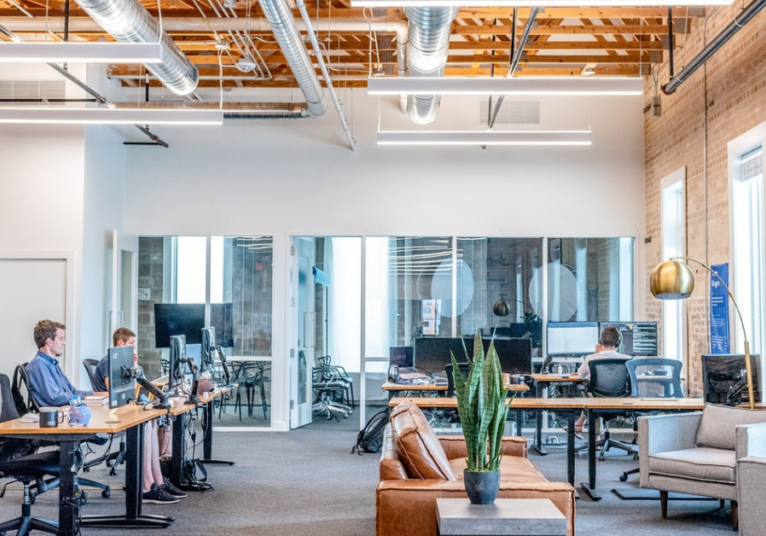As lockdown restrictions continue to ease across Australia, many businesses are starting to prepare to send staff back into the office. It’s important to not be too hasty and also to recognise that no workplaces will ever be the same as they were pre-COVID-19. This transition needs careful planning. Not only does each organisation have to ensure they have the correct COVID-19 plans in place, but hot desking, flexible work days and meeting spaces all need to be decided on. Senior Workplace Relations Adviser, Costa Brehas shared his views about practical considerations and implications of staff returning to the workplace….
As lockdown restrictions continue to ease across Australia, many businesses are starting to prepare to send staff back into the office. It’s important to not be too hasty and also to recognise that no workplaces will ever be the same as they were pre-COVID-19.
This transition needs careful planning. Not only does each organisation have to ensure they have the correct COVID-19 plans in place, but hot desking, flexible work days and meeting spaces all need to be decided on.
Senior Workplace Relations Adviser, Costa Brehas shared his views about practical considerations and implications of staff returning to the workplace.
“Having a COVID-19 safe plan, including implementing good hygienic practices and ensuring the currency of workplace policies are some measures which will assist with the safe transition of staff back to the workplace,” Costa said.
“Employees have a right to request flexible working arrangements in certain circumstances. Where this right does not exist, the pandemic has demonstrated that workplace flexibility can be beneficial to employers and employees. Therefore, it would be in both of their interests to try find a balance that suits each them.
“COVID-19 has forced a lot of employers to adapt to flexible working practices, particularly in relation to working from home arrangements. It’s extremely important that employers ensure that their existing policies are current. They also need to address questions such as the safety of the home workspace; whether staff have the right equipment and whether there are sufficient security measures to maintain the confidentiality of information which is accessed at home.
“There are a lot of new challenges to consider, but this is likely to be the way of future work. It’s important to adapt to these changes,” Costa said.
Need help restructuring your policies to adapt to flexible working hours?
Flexible working is still a relatively new development. Many companies don’t know how to restructure their policies to accommodate this change.
We’re here to help. iHR Australia’s HR Consulting team can assist employers to establish new employee agreements and update their HR policies.
Download a list of questions to ask yourself and your team, to help to provide a safe workplace and a smooth return to the office.
Recent articles

Staff training made easy with eLearning


